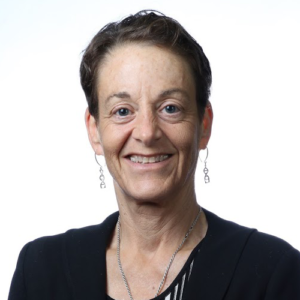“Every time you [create] an additional step for someone to learn about your clinical trial,” you risk driving potential patients away in frustration or confusion, says Sue Friedman, DVM, executive director of Facing Our Risk of Cancer Empowered (FORCE). She challenges the medical research and development industry to do a better job in “injecting relevance and using plain language” in patient communications.
“Even the titles of clinical trial studies can be confusing and intimidating” to the lay person, Friedman notes. “Speak in plain language so people can understand what the study is about and [decide] whether they are” interested, she says. “Make it clear why the clinical trial matters to society.”
For example, make it easy to contact the study coordinator. “That’s the person most invested in the study and aware” of its focus and purpose, Friedman says. “Make it easy for people to find information about what kind of patients the study is trying to enroll,” she adds.
She also thinks patients would connect more with a potential oncology trial if the type and stage of cancer being studied were clearly spelled out, and if it was made clear whether a new drug was involved, particularly if it isn’t a well-known treatment yet. Further, knowing “if the trial is for early or metastatic cancer” makes a big difference, she explains.
While the ClinicalTrials.gov database is a thorough and valuable resource, it’s not written for patients as such, Friedman cautions. “It’s written by researchers for researchers,” she says, in terminology that makes it hard for patients to discern whether a trial is right for them. However, they don’t always need volumes of granular detail to know if they are potentially interested in and a potential fit for a study, she adds. “Put the eligibility/ineligibility criteria [for enrolling] up front” to save everyone time, she suggests.
If she is expecting more of the clinical trial industry, Friedman also calls on patients to “show up and participate in research trials” for the betterment of everyone. It’s especially valuable when inherited mutations are under study, Friedman says. In those clinical trials, patients are potentially not only helping themselves, but their own children and other relatives and future generations, she adds.
Author: Michael Causey



